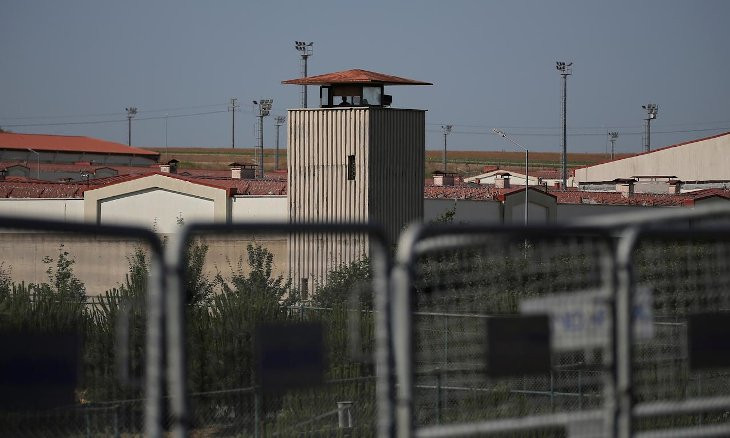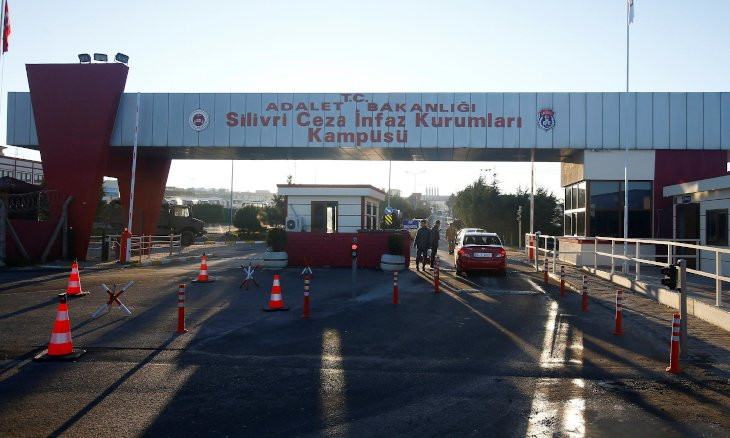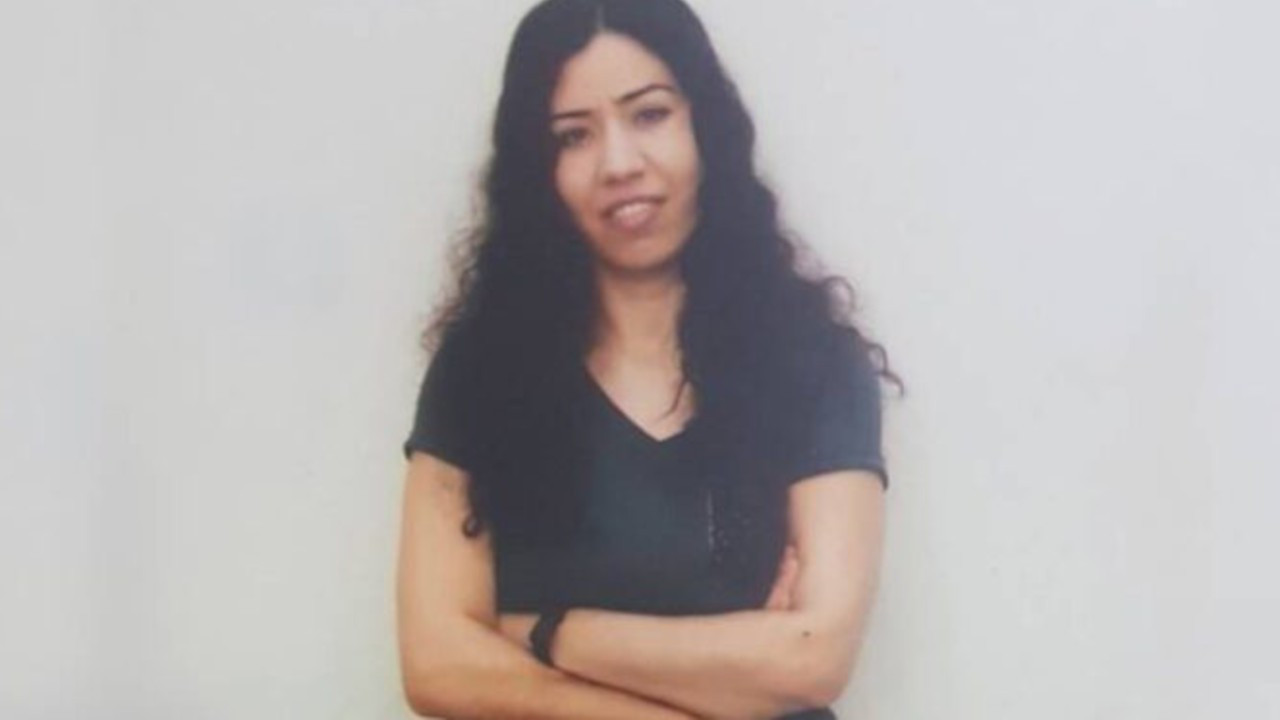Inmates complain about lack of access to healthcare in Turkish prison
Inmates in Silivri Prison have complained about their lack of access to healthcare. Prisoners say there is neither a staff dentist nor a doctor, and they are forced to choose the inmate with the severest condition to send to the infirmary.
Hacı Bişkin / DUVAR
Inmates in Istanbul's Silivri Prison are denied access to basic medical and dental care, they report. According to prisoners, the prison building, which houses primarily political prisoners, lacks both a dentist and an institutional doctor.
Prisoners report an almost total breakdown of the medical infrastructure and care system. Sick prisoners, they say, are unable to go to the infirmary. Prisoners are forced to decide amongst themselves who is in the most critical condition and therefore should receive medical care. Those with chronic diseases are not treated, and not taken to the infirmary.
Living conditions in the prison also put prisoners’ health at risk. The water, they say, is filled with rust and dirt and the food they are served has little nutritional value. When prisoners submit petitions to have these health risks addressed, the requests are ignored.
Peoples' Democratic Party (HDP) MP Gülistan Kılıç Koçyiğit brought reports about Silivri’s squalid conditions before the Human Rights Investigation Commission of parliament this week and demanded an investigation be launched. In response to requests for information from the commission, the management of Silivri Prison denied the prisoners’ claims.
“Healthcare staff works 24 hours a day, 7 days a week in the institution’s infirmary,” prison management responded, “There is one family physician, one dentist, 6 health personnel, and enough prison guards [for the prison population].”
Prisoners, on the other hand, say they “haven’t seen the dentist’s face in 1.5 years.”
Even if the prison is staffed as management insists, it is still insufficient. Silivri has a prisoner capacity of 11,000 but allegedly houses more inmates than that. Prison No. 5 alone houses 200 prisoners who are housed in 30 person wards, most of whom are political prisoners. According to these prisoners, the infirmary will only admit one person from each ward at a time - therefore, prisoners are left in a nearly impossible dilemma, forced to choose the sickest among them to be treated while the others go without medical care.
When prisoners manage to get to the infirmary, they also face medical negligence. A lawyer who has several clients in Silivri Prison No. 5, Vedat Ece, described the case of one of his clients, Murat Güntürk. He began having fevers, tremors, and chills on the left side of his body and requested to go to the infirmary. He was denied access to a doctor for a year and a half. When he finally was sent to the medical facility, the doctor gave him antibiotics and sent him back to his ward, where his condition rapidly worsened. He was finally taken to the hospital, where doctors discovered a tumor that had grown in his brain. The hospital doctors were shocked that it had gone undetected for so long.
Ece says that these prisoners are subject to these conditions because they are political prisoners. They are not allowed to read opposition papers, they cannot participate in cultural events, and they are not allowed family visits. They are not allowed to bring in outside items, such as food, while items in the canteen and commissary have increased drastically in price. Their “throats are being stepped on,” said Ece.
One prisoner who wrote to HDP MP Ömer Faruk Gergerlioğlu - a doctor, human rights activist, and opposition politician - about the conditions in the prison was given solitary confinement. Others who complained about the dirty water, for example, were told it was their fault.
“The prisoners here are saying that they are discriminated against because they are political prisoners,” Ece said.

 39 inmates with coronavirus held in same ward in Istanbul's Silivri prisonCoronavirus
39 inmates with coronavirus held in same ward in Istanbul's Silivri prisonCoronavirus Ahmet Altan 'awaits coronavirus in jail' as Turkish authorities keep political prisoners behind barsHuman Rights
Ahmet Altan 'awaits coronavirus in jail' as Turkish authorities keep political prisoners behind barsHuman Rights HDP MPs ask parliament whether female prisoner was sexually abusedHuman Rights
HDP MPs ask parliament whether female prisoner was sexually abusedHuman Rights